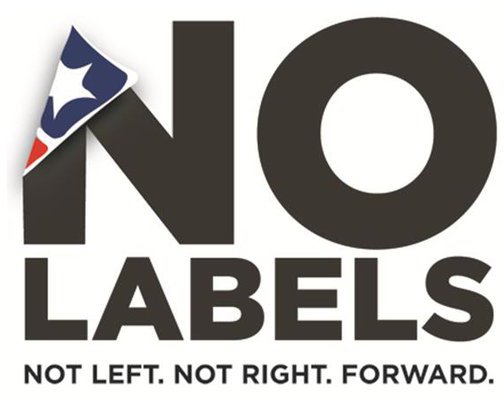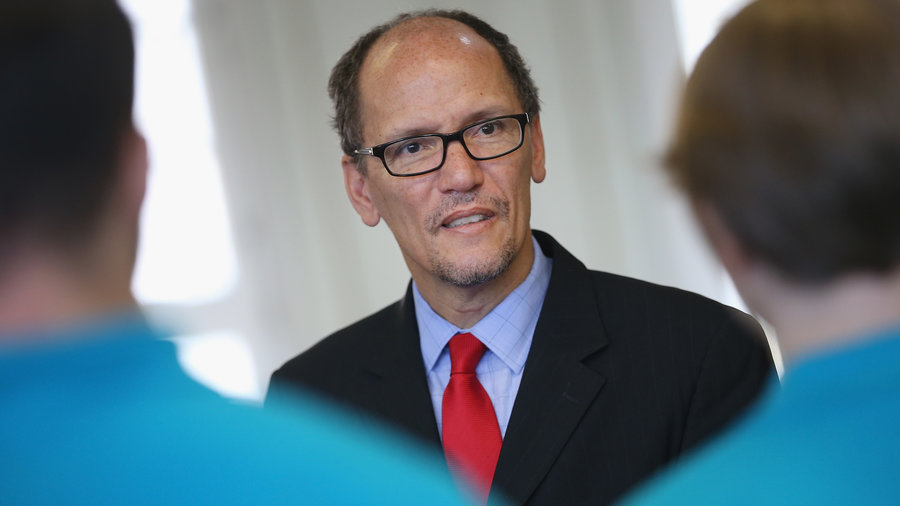By: Charlie Spalding
Many adjectives exist to describe the job performance of the 112th Congress, but the one most commonly applied to our last group of representatives in Washington was “dysfunctional.” An atmosphere of hyper-partisanship resulted in the least productive Congress ever and contributed to historically low approval ratings for both bodies. The fiscal cliff showdown, dissension within the Republican ranks, and the eventual breakdown in talks between the President and the nation’s top lawmaker augur more of the same for the 113th edition. Furthermore, President Obama’s inauguration speech was charged with divisive issues like climate change and gay rights – even a politically benign event couldn’t avoid the recent plague of partisanship.
Amidst this flurry of polarizing politics, last week brought a glimmer of hope for those who believe that the current state of affairs doesn’t have to be permanent, and that a fundamental revamping of the political discourse is in order. The non-partisan group No Labels announced its group of “problem-solvers,” twenty-four lawmakers from both bodies of Congress and both parties dedicated to meeting monthly to build trust across the aisle. No Labels tapped former governor and Republican presidential candidate Jon Huntsman and Senator Joe Manchin, D-W. Va., to spearhead the group as its national leaders. Huntsman and Manchin have both established credentials as moderate politicians – Huntsman made climate change an integral part of his presidential campaign and Manchin has been a staunch supporter of the NRA during his Washington tenure.
These efforts represent an attempt to build a national profile and lend some political credibility to an organization that has been plagued with questions about its identity. Since the inception of No Labels, critics have charged that the organization suffers from a fundamental lack of ideology and would be more aptly named “No Principles.” No Labels has clearly come out in favor of “No Budget, No Pay” and five day work weeks for Congress, but lacks particular positions on issues like abortion, immigration, or climate change.
Patrick Wheat, a sophomore from Atlanta, has worked closely with No Labels as the executive director of UGA’s Non-Partisans for Progress. According to Wheat, to demand the No Labels’ opinions on such issues is to simply miss the point.
“The underlying principle of our organization stems from a desire to hear all ideas and work together to come up with solutions,” Wheat says.
In this sense, perhaps No Labels is seeking to redefine what the public identifies as principles for its elected officials. Instead of the conventional, hardline beliefs on divisive issues that are at least partly responsible for recent congressional gridlock, No Labels encourages a focus on outcomes and progress for the nation as a whole.
In this sense, the organization’s principles lie in its pragmatism. The political status quo is disappointing, but it is the status quo nonetheless, and it constrains all politicians, no matter what party.
With the announcement of national leaders and a group of problem solvers, No Labels seems to be seeking to work within the status quo to move the country forward. Huntsman and Manchin clearly recognize that the obstacles between Congress and effective governance are complex. Nonetheless, these obstacles should not be so insurmountable that they prevent lawmakers from passing a federal budget, an idea now older than the iPad. The approach is utilitarian and certainly not ideologically pure from either perspective, but it may resonate with voters who continue to express immense frustration with our nation’s Congress.
Despite the recent uptick in No Labels national awareness, it is difficult to separate this latest bipartisan venture and the specter of others that came before it and failed, particularly the Americans Elect movement that sought to field an alternative 2012 presidential candidate. Additionally, the move may come as too little too late for an organization that has already been written off as impractical or unprincipled. Nevertheless, it is interesting to note the confluence of an organization seeking an identity with a nation seeking an alternative.
No Labels has found an identity in the political pragmatism of seasoned politicians like Jon Huntsman. Time will tell if this is the type of alternative the American people are seeking.

